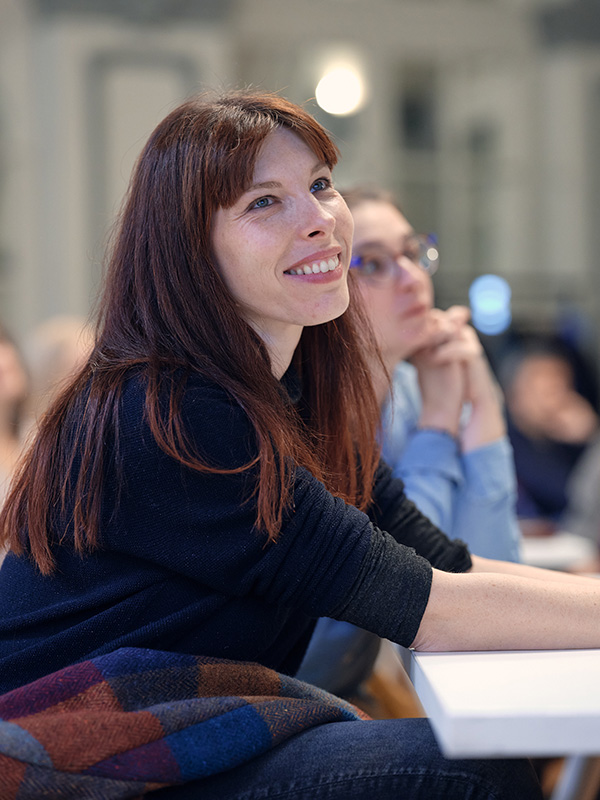Kinga Kovacs
Project Management
Kinga speaks English, Dutch, French, Hungarian, Romanian
Kinga studied Urban Environmental Management and Planning at the Wageningen University and Research Centre in the Netherlands. She also studied Economics at the West University in Timisoara in Romania, as well as Psychology at the Université Paris 8 in France.
Creating Living Streets for as many citizens as possible is what she loves most. Giving back the urban space to the people, instead of the car. That is why, at Energy Cities, she is happy to help you on rethinking urban space in your city as well as co-creating and co-deciding with citizens and stakeholders in your city. She can help you with innovative facilitation techniques as well as peer-to-peer reviews and workshops with city partners and study visits. She is also managing the partnership and administrative and financial aspects of European projects with multiple local authorities and stakeholders.
She loves Europe, its languages and cultures, her car-free life, consuming local and organic products every day, listening to children’s laughter and birds chirping in busy cities, bug hotels in urban parks, urban food production. She hates low quality industrial food, high emission personal holidays in far-away locations, travelling by plane, urban sprawl and commercial areas in the outskirts.
Creating Living Streets for as many citizens as possible is what she loves most. Giving back the urban space to the people, instead of the car. That is why, at Energy Cities, she is happy to help you on rethinking urban space in your city as well as co-creating and co-deciding with citizens and stakeholders in your city. She can help you with innovative facilitation techniques as well as peer-to-peer reviews and workshops with city partners and study visits. She is also managing the partnership and administrative and financial aspects of European projects with multiple local authorities and stakeholders.
She loves Europe, its languages and cultures, her car-free life, consuming local and organic products every day, listening to children’s laughter and birds chirping in busy cities, bug hotels in urban parks, urban food production. She hates low quality industrial food, high emission personal holidays in far-away locations, travelling by plane, urban sprawl and commercial areas in the outskirts.

